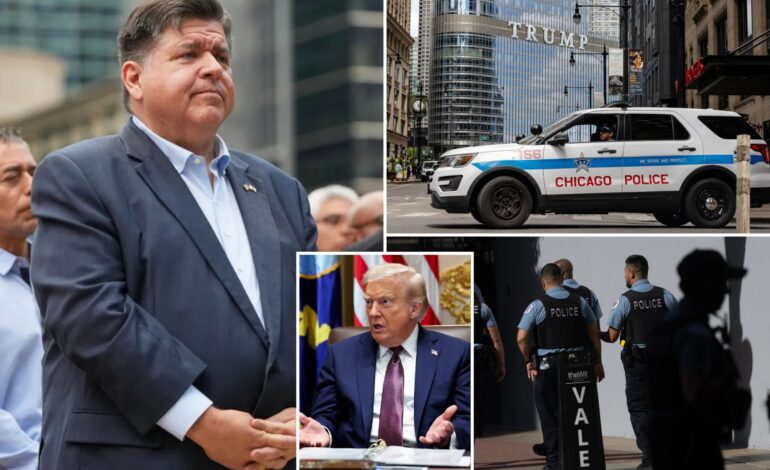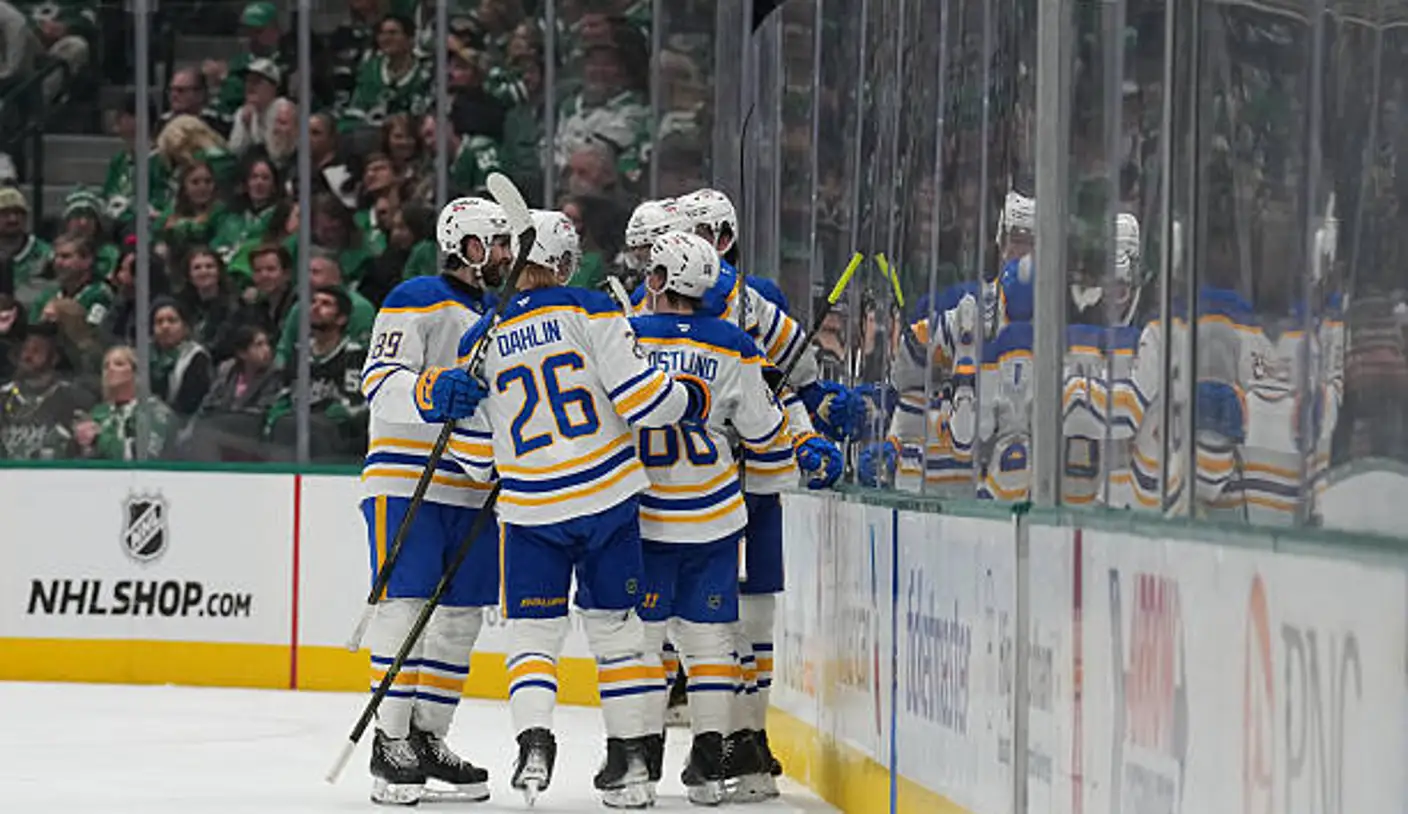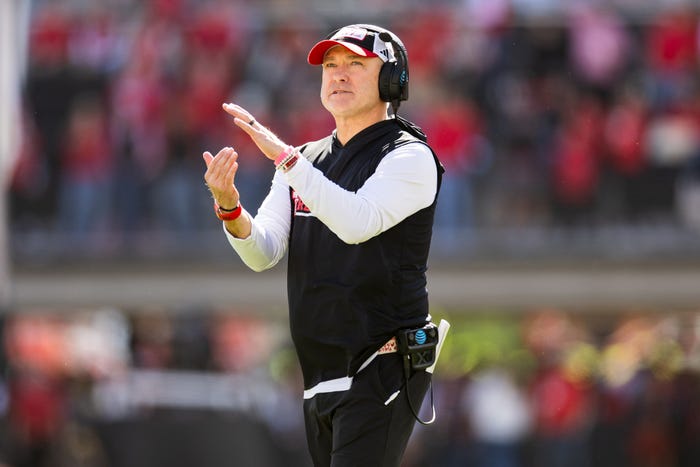Trump Targets Pritzker Over Chicago Crime Wave as Tensions Rise

The ongoing conflict between President Donald Trump and Illinois Governor JB Pritzker escalated following a violent weekend in Chicago that left at least six people dead and over two dozen injured. In a post on Truth Social on March 9, 2024, Trump criticized Pritzker for declining federal assistance to combat crime, labeling him as “incompetent” and urging him to “straighten it out, fast, or we’re coming.”
The president’s remarks came shortly after he announced a series of executive actions aimed at restoring order in Washington, D.C., which included federalizing the Metropolitan Police and mobilizing the National Guard. Trump’s comments suggest that he views Chicago as a potential target for similar interventions if local governance does not improve.
In his post, Trump pointed to the tragic statistics from the weekend: “Six people were killed, and 24 people were shot, in Chicago last weekend, and JB Pritzker, the weak and pathetic Governor of Illinois, just said that he doesn’t need help in preventing CRIME. He is CRAZY!!! He better straighten it out, FAST, or we’re coming!” This fiery rhetoric highlights the ongoing debate over crime and governance in urban areas, particularly those led by Democratic officials.
Pritzker responded firmly to Trump’s accusations, dismissing the president’s approach as “unconstitutional” and labeling it a “dangerous power grab.” The governor also addressed Trump’s personal attacks regarding his fitness, quipping, “It takes one to know one on the weight question.”
Political analysts are paying close attention to this feud. Republican strategist Mark McKinnon noted that Pritzker’s recent weight loss could signal his preparation for a potential presidential run in 2028, suggesting a strategic image overhaul. Consultant David Kochel remarked that such transformations have historically been part of political campaigns, as candidates seek to project health and vigor.
On March 8, 2024, Chicago Mayor Brandon Johnson signed an executive order rejecting any federal troop deployments or National Guard interventions, stating, “We do not need nor want an unconstitutional and illegal military occupation of our city.” Johnson emphasized the city’s commitment to defending democracy and protecting local communities.
The political implications of this conflict are significant. Trump uses Chicago as a focal point to illustrate what he deems Democratic failures, while Pritzker positions himself as a defender against federal overreach and the bullying tactics of a sitting president.
According to White House data, Chicago has recorded the highest number of homicides in the United States for 13 consecutive years. This persistent issue underscores the challenges that both local and federal officials face in addressing crime effectively.
As the situation unfolds, both Trump and Pritzker appear to gain from the ongoing exchange. Trump’s law-and-order narrative resonates with his base, while Pritzker’s resistance serves to bolster his image among constituents who oppose federal intervention.
Pritzker’s office has not yet provided a response to additional inquiries regarding the ongoing situation in Chicago and the president’s escalating criticisms.






